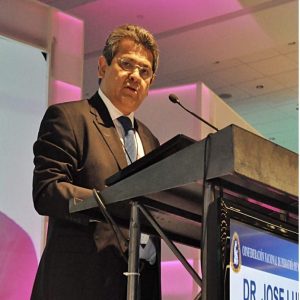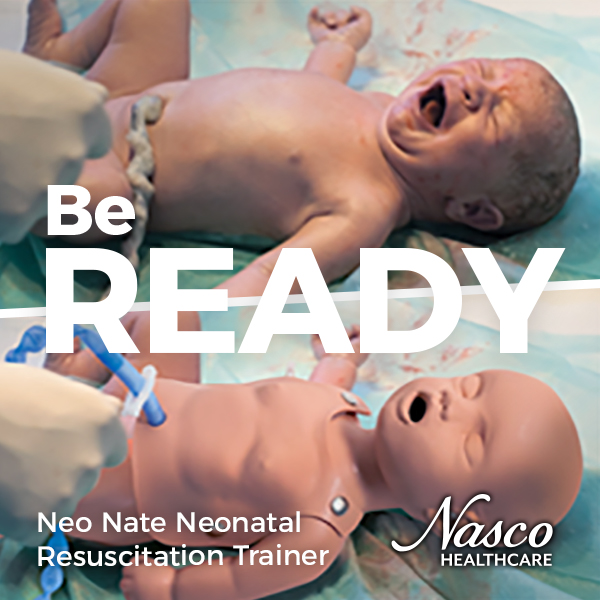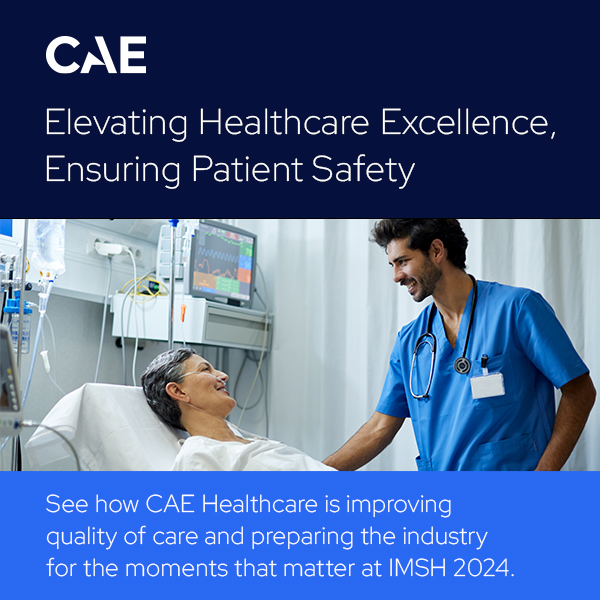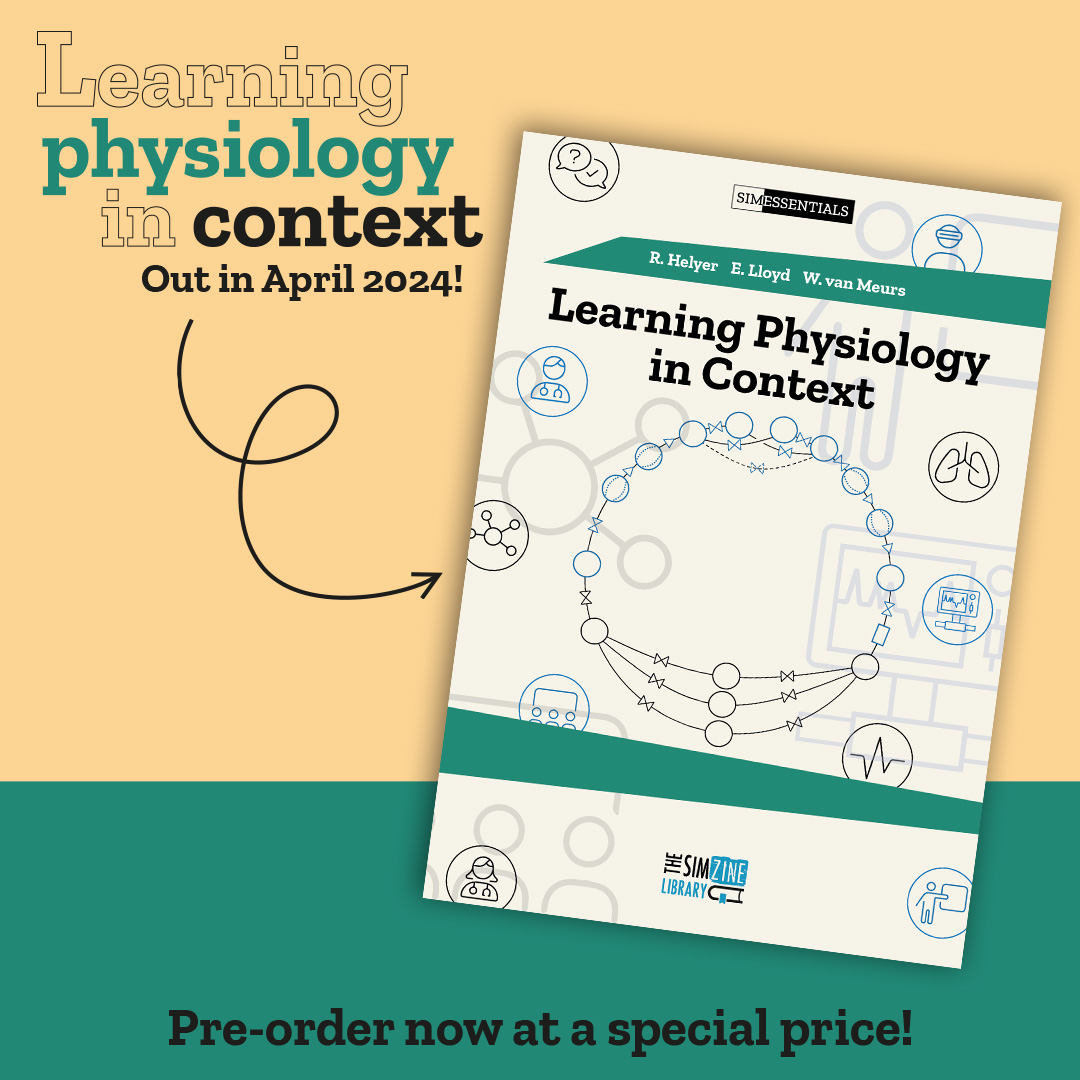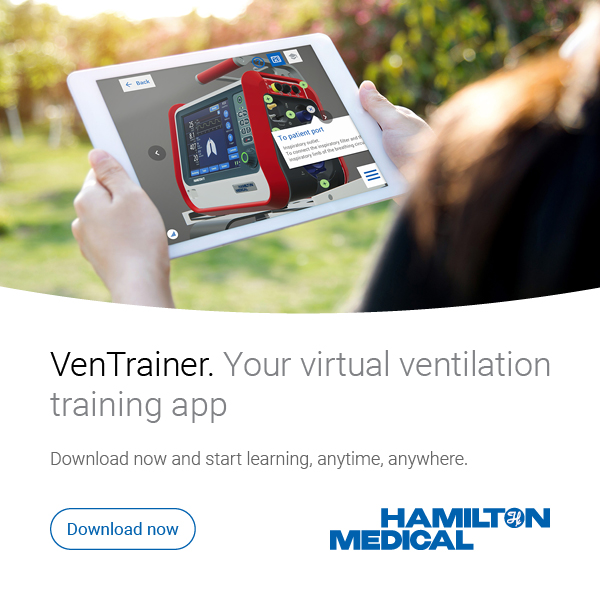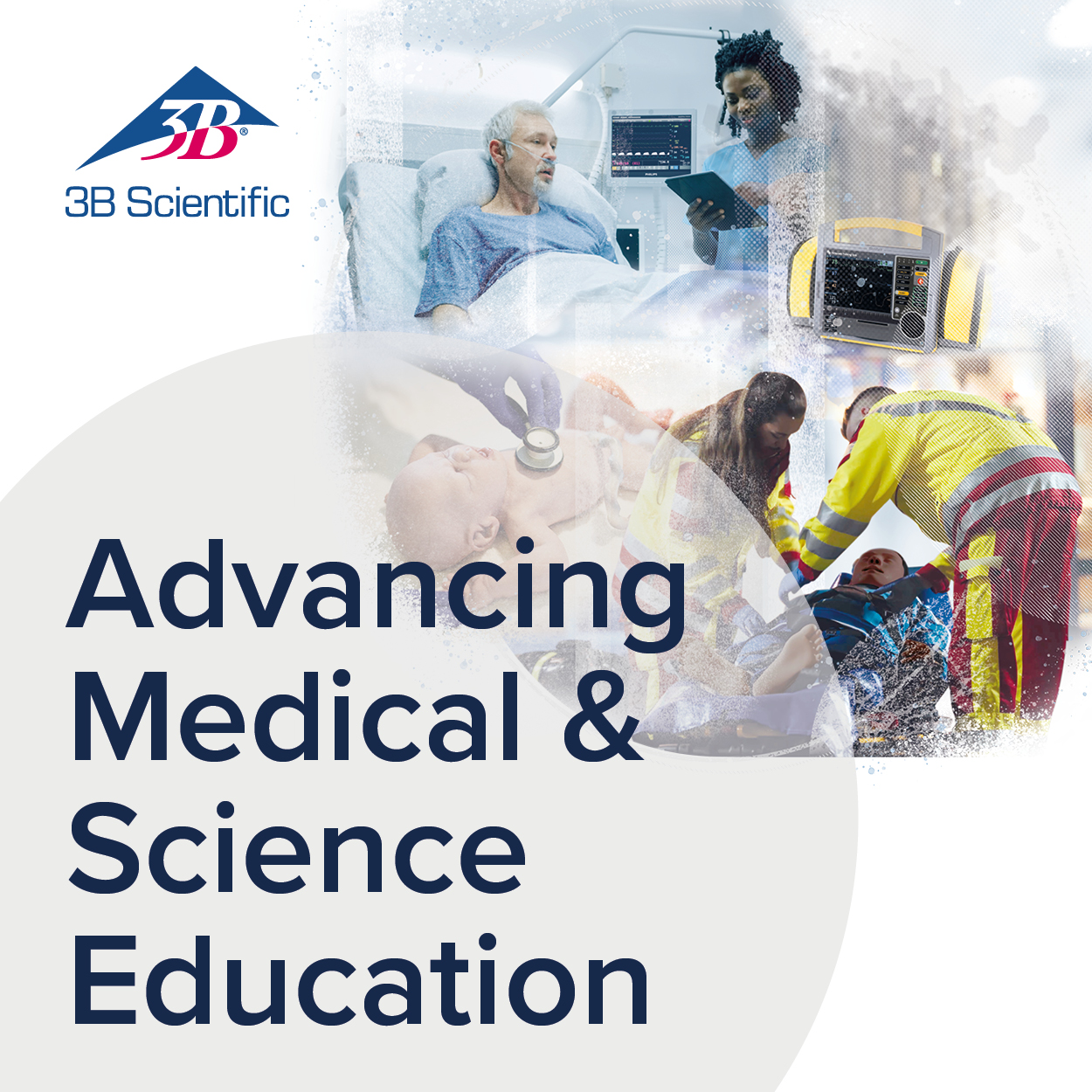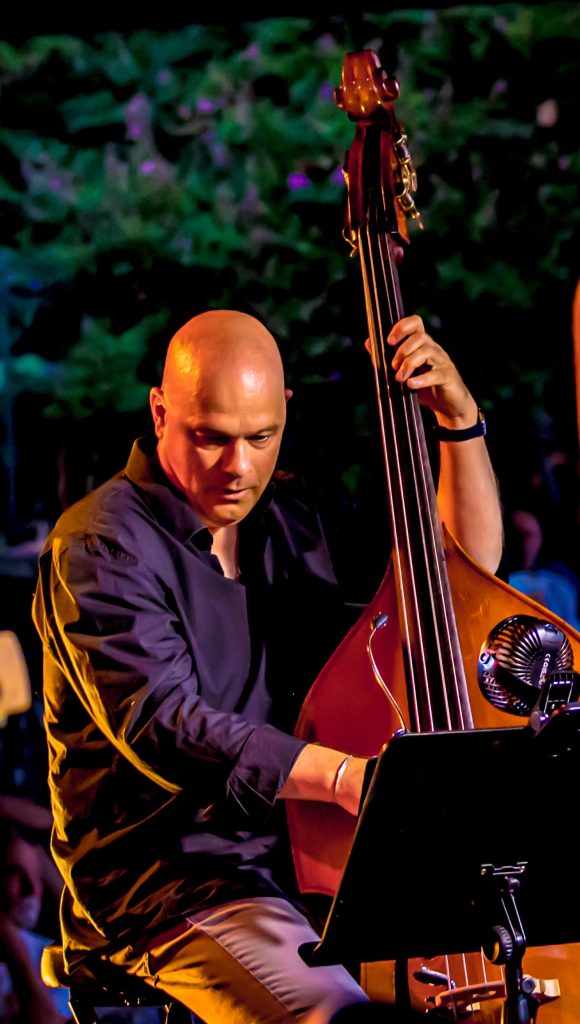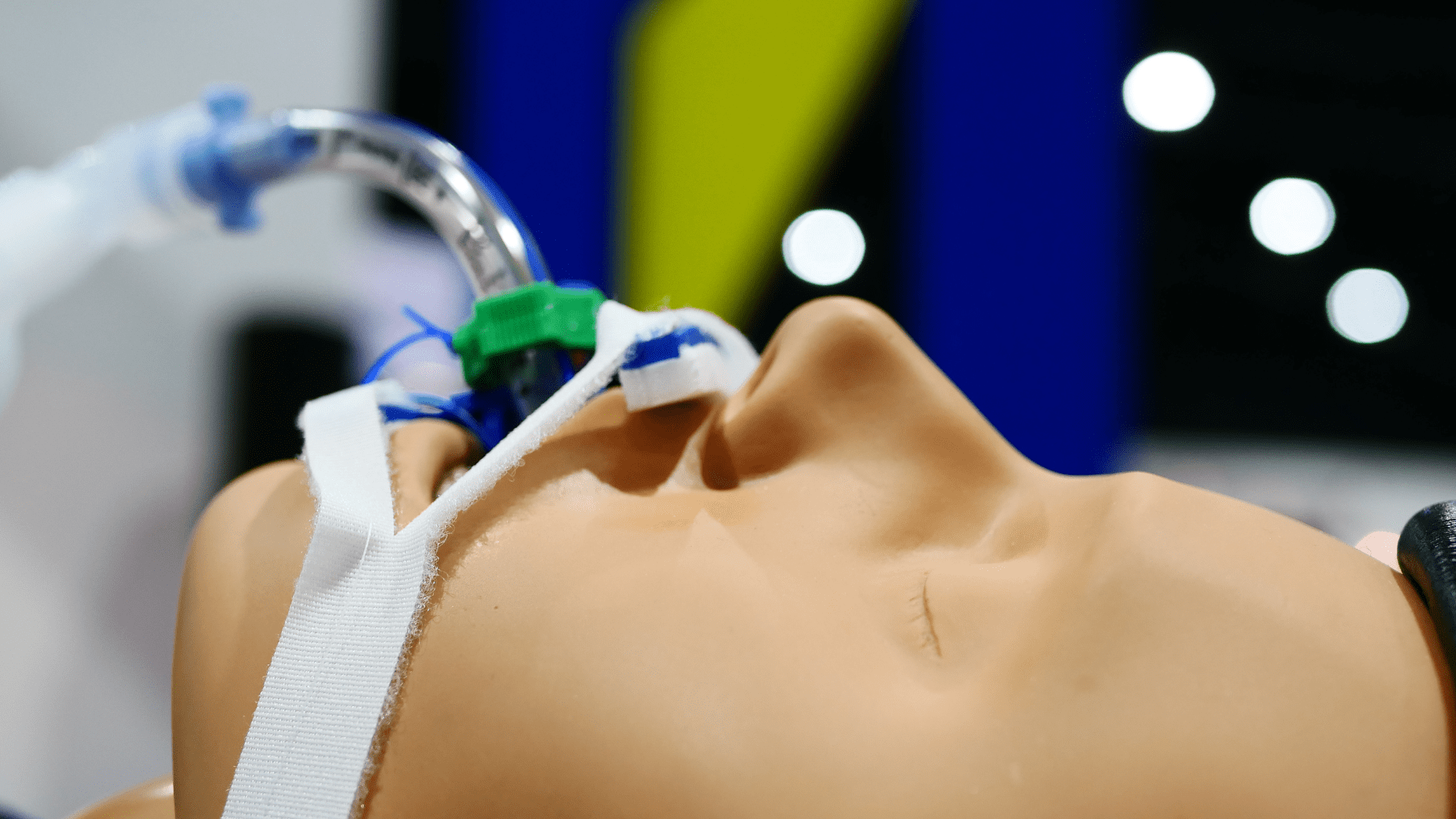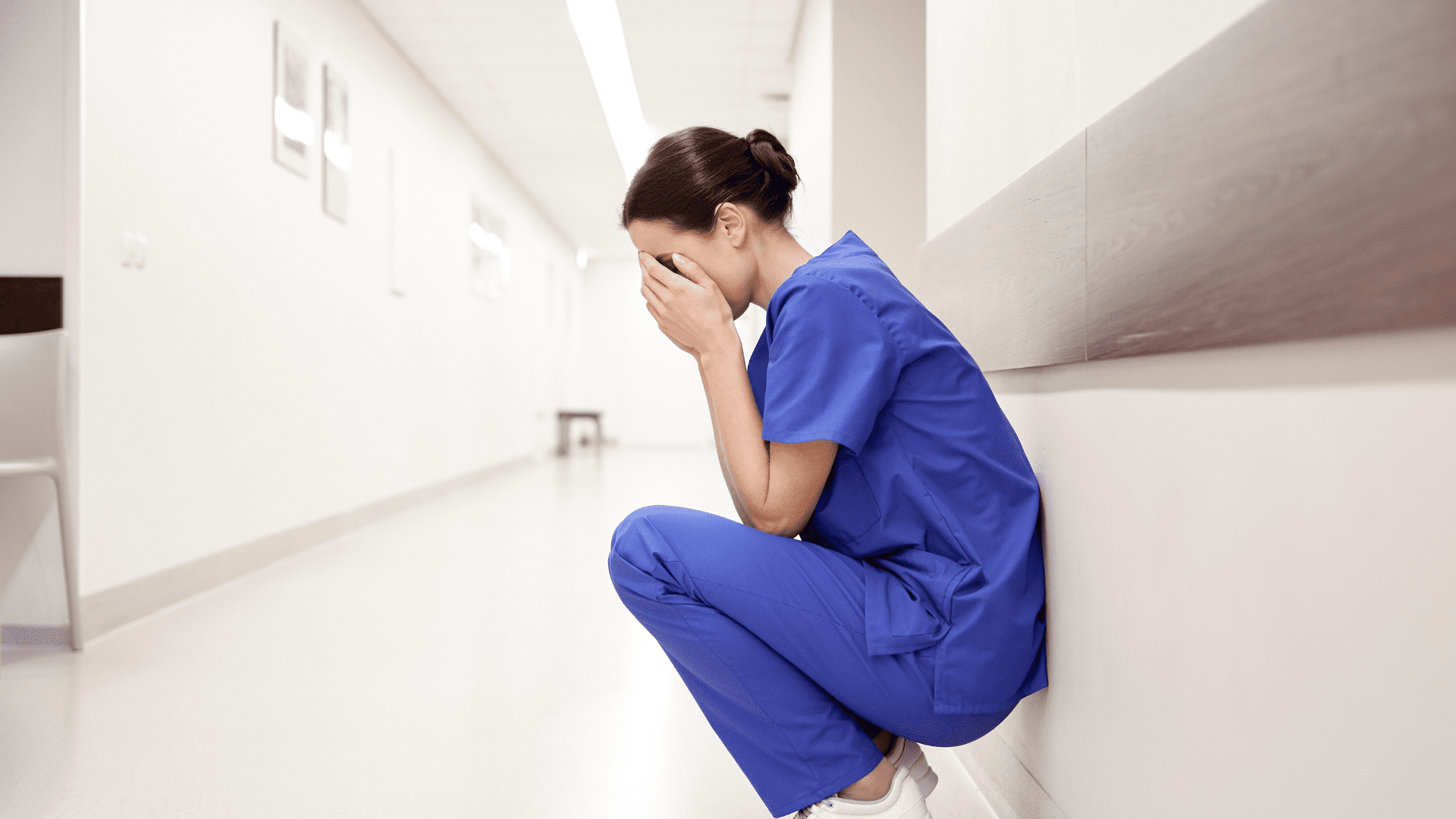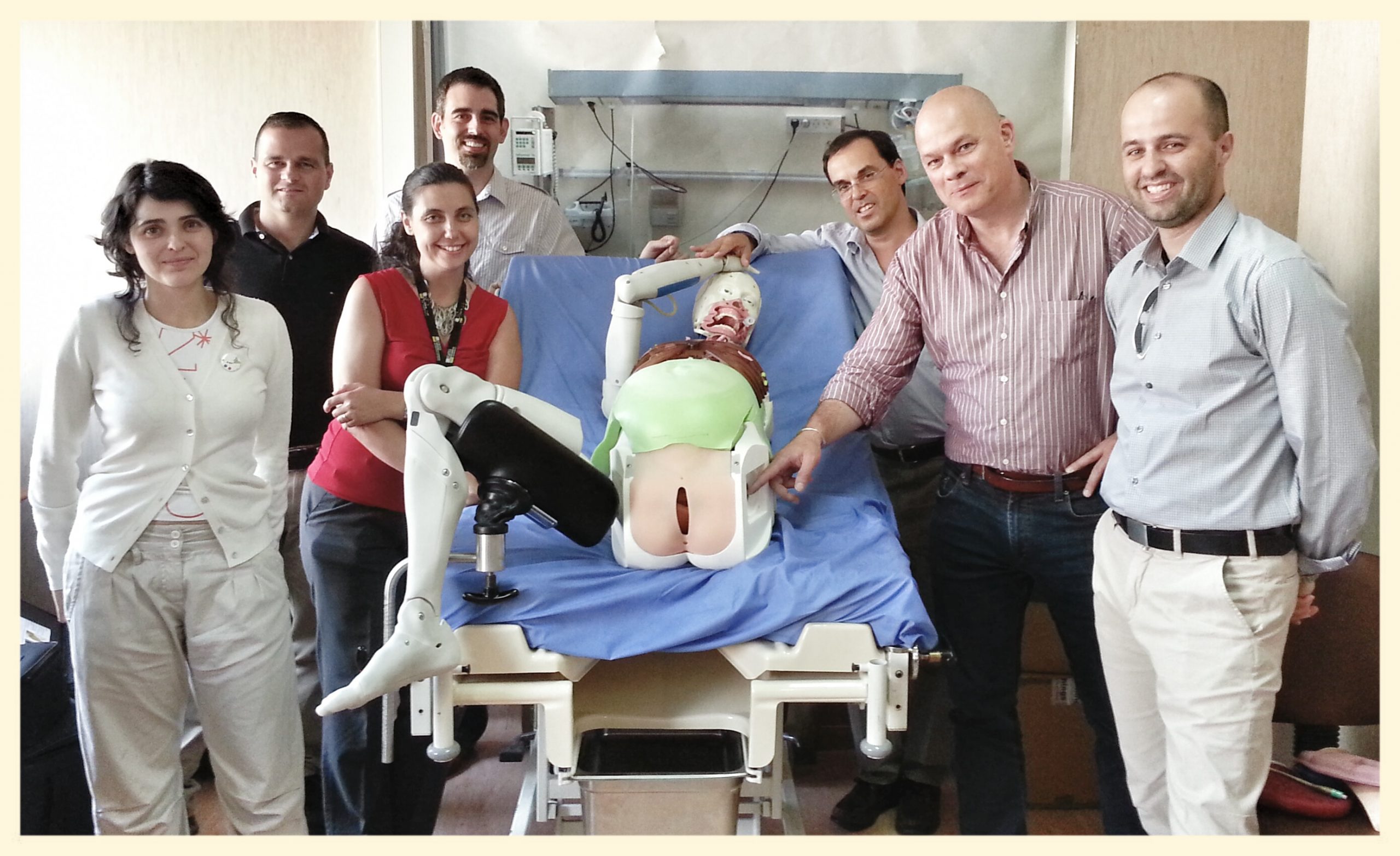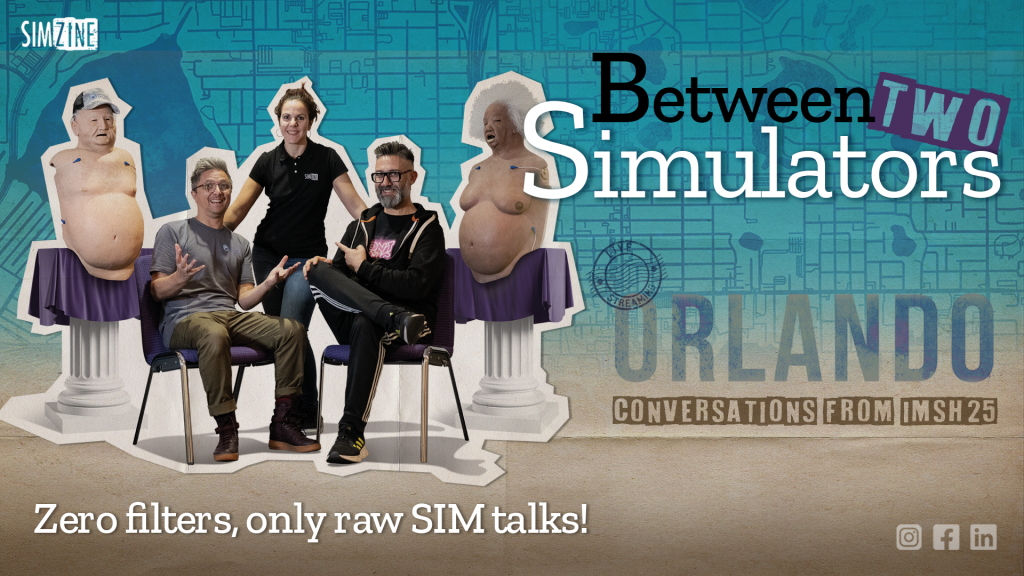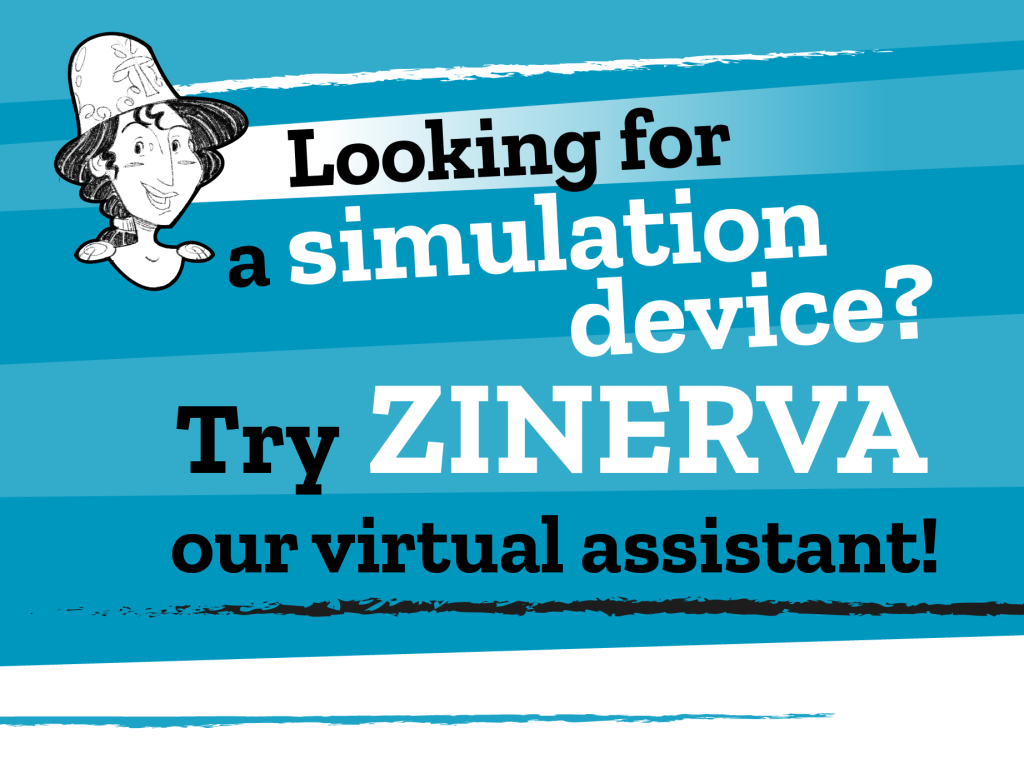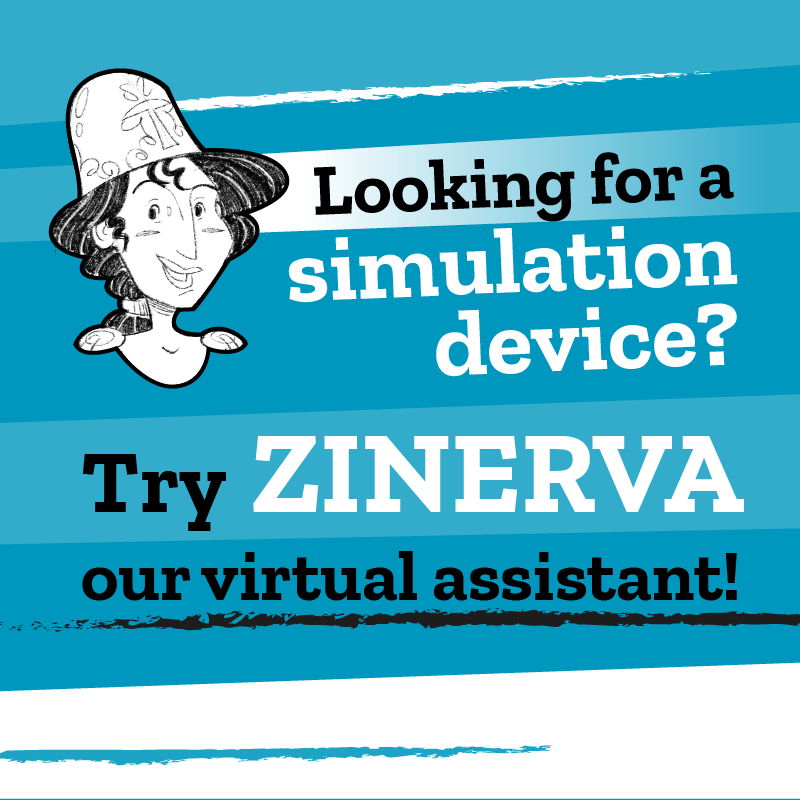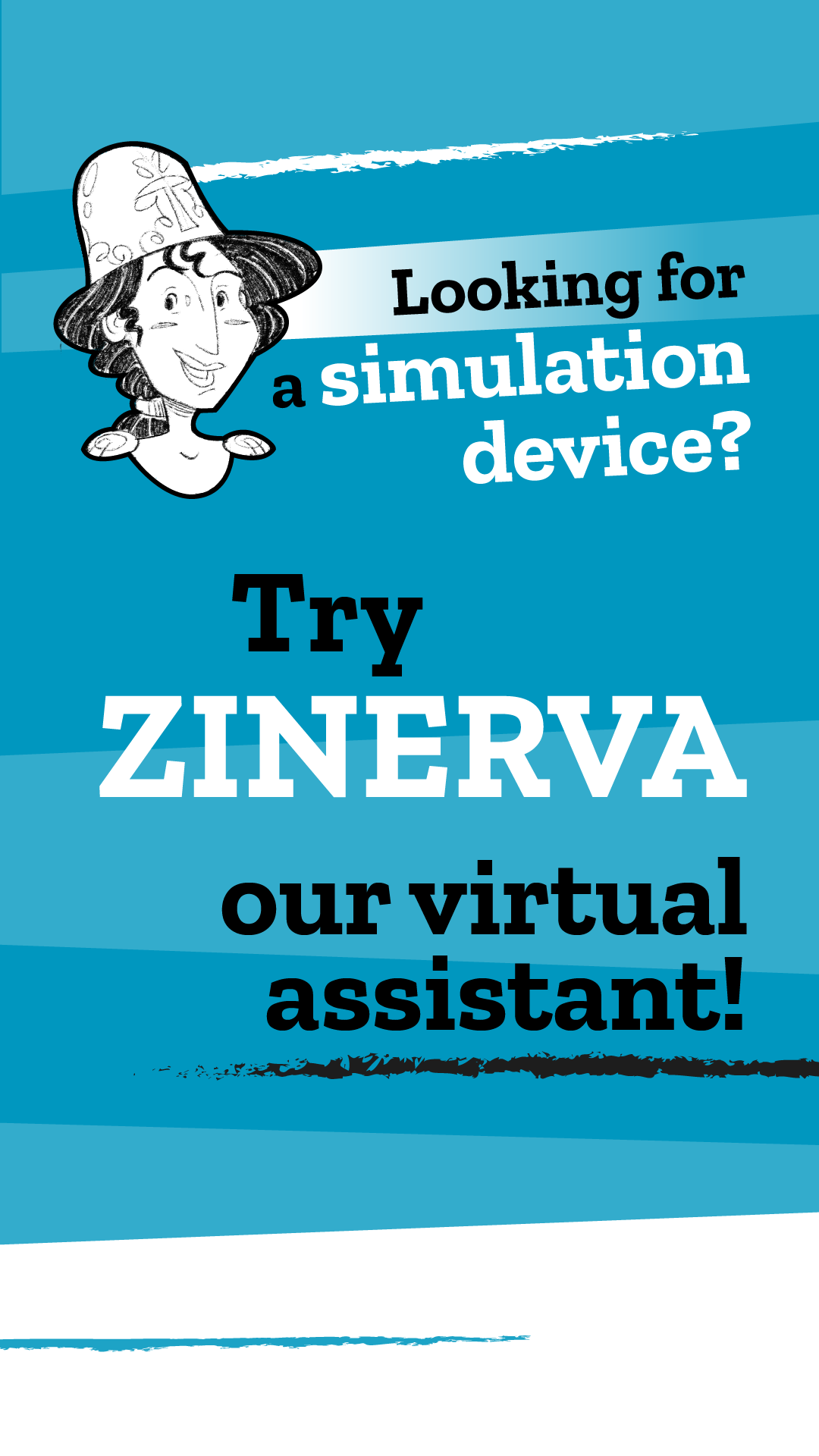As part of our series of articles highlighting Simulation Societies, SIMZINE interviews the president of the National Network of Educators in Clinical Simulation (RENASIM), José Luis García Galaviz, about the past, present and future of RENASIM and the state of clinical simulation in Mexico.
As part of our series of articles highlighting Simulation Societies, SIMZINE interviews the president of the National Network of Educators in Clinical Simulation (RENASIM), José Luis García Galaviz.
A paediatric surgeon and simulation instructor, he has been among the founders of FLASIC (Latin American Federation of Clinical Simulation). He currently works as Director of the Health Sciences area at the School of Medicine “Dr. José Sierra Flores” at the Universidad del Noreste A.C. Tampico. Today he talks to us about the past, present and future of RENASIM and the state of clinical simulation in Mexico.
José Luis García Galaviz
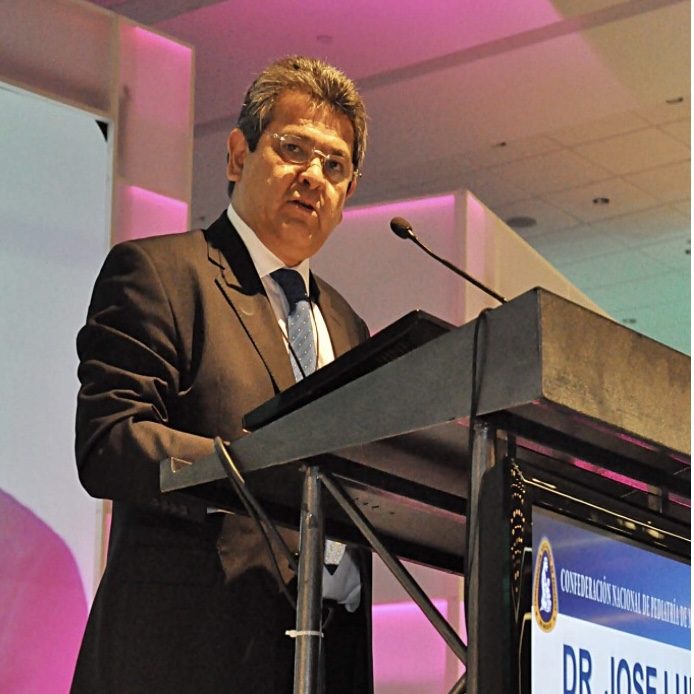
Director of Health Sciences at the School of Medicine “Dr. José Sierra Flores” at the Universidad del Noreste A.C. Tampico.
Pediatric Surgeon Colonel graduated from the Military Medical School.
President of the National Network of Simulation Educators RENASIM.
Full member of the Mexican Academy of Paediatrics and the National Academy of Medical Education.
Founder and member of the Latin American Federation of Clinical Simulation FLASIC.
Instructor in simulation: Center for Medical Simulations, Harvard Medical School – MIT Division of Health Sciences and Technology, Hospital Virtual de Valdecilla.
Member of the Mexican College of Pediatric Teachers.
Hello José Luis, thank you for agreeing to spend some time with us. How did you become interested in simulation?
I became interested in clinical simulation because of the need to improve education and training in clinical skills and medical procedures. Traditional teaching based on observation and practice on real patients does not always provide a safe and controlled environment for students to learn and improve their skills. Practice on real patients is difficult to perform, there are many restrictions due to legal aspects, it requires a large amount of time and resources and can represent a risk to patient safety.
Clinical simulation emerged as a solution to these problems, providing a safe and controlled environment for clinical skills training and education. Simulation technology allows students to practice skills and procedures in a simulated environment that replicates real clinical situations, without compromising patient safety.
In addition, clinical simulation also allows healthcare professionals to improve their performance in emergency situations and make more informed and accurate decisions. In summary, my interest in clinical simulation stems from its ability to improve education and training in clinical skills and patient safety.
Can you tell us what RENASIM is? And why did you want to be its President?
Renasim is the National Network of Educators in Clinical Simulation of Mexico, a simulation society in the area of health sciences, is an organisation that aims to promote and develop the use of simulation in the education and training of health professionals. This society is composed of professionals from different disciplines, including doctors, nurses, therapists, psychologists and other health specialists, as well as educators, researchers and experts in simulation technology. It is an interprofessional society, we believe that today’s societies must be interprofessional to better solve health problems.
Being president of a clinical simulation society gives us the opportunity to disseminate the use of simulation in the education and training of health professionals, lead research and innovation projects in the discipline, establish alliances and agreements with other national and international organisations promoting clinical simulation nationally and internationally. Being president of a clinical simulation society implies an important responsibility, but also a unique opportunity to contribute to the advancement of the discipline and to the improvement of the training of health professionals.
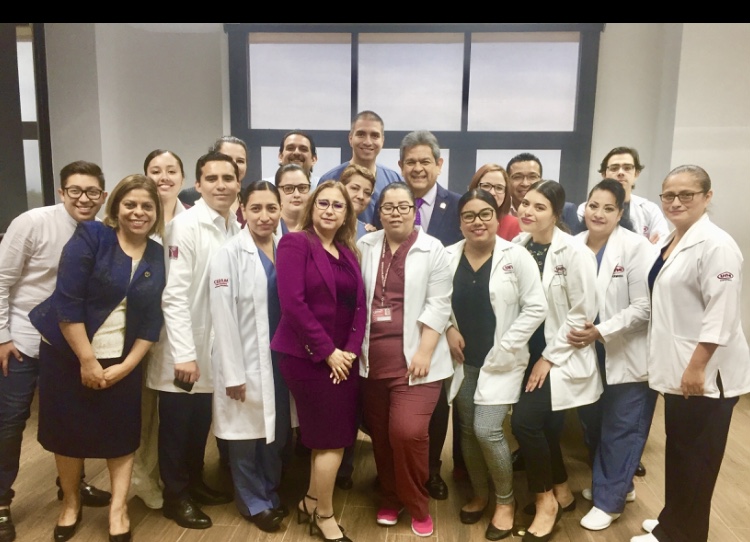
What makes you most proud to be President of RENASIM?
Being President of RENASIM is a source of great pride for several reasons:
- Contributing to the improvement of the education and training of health professionals: having the opportunity to lead initiatives and projects that contribute to improving the education and training of health professionals has a positive impact on medical care and the health of the population.
- Representing its members at national and international level: having the opportunity to represent the society and its members at national and international events contributes to the promotion and dissemination of clinical simulation as a teaching and training tool in clinical practice.
- Promoting research and development in clinical simulation: leading research and development projects in clinical simulation, which can contribute to the generation of new knowledge and advances.
In summary, being President of a national clinical simulation society is a source of great pride due to the possibility of contributing to the improvement of education and training of healthcare professionals, representing the society and its members at national and international level, and promoting research and development in the discipline.
Describe in a nutshell the state of clinical simulation in your country
Clinical simulation in Mexico is in great development and growth, and this innovative learning strategy is being integrated into the curricula and academic programmes of the curriculum in professional careers in the Health Sciences Area, mainly in Medicine and Nursing, and alliances between universities and hospitals are gradually being formed.
There are currently around 100 simulation centres, most of them in universities and to a lesser extent in hospital centres. Most of the simulation centres are involved in the training of undergraduate students. I have been involved in simulation since 2006 and have seen with great excitement how clinical simulation has evolved in the last 10 years in our country. However, there are still challenges in terms of standardisation, research, accreditation of simulation centres and access to technology in all regions of the country.
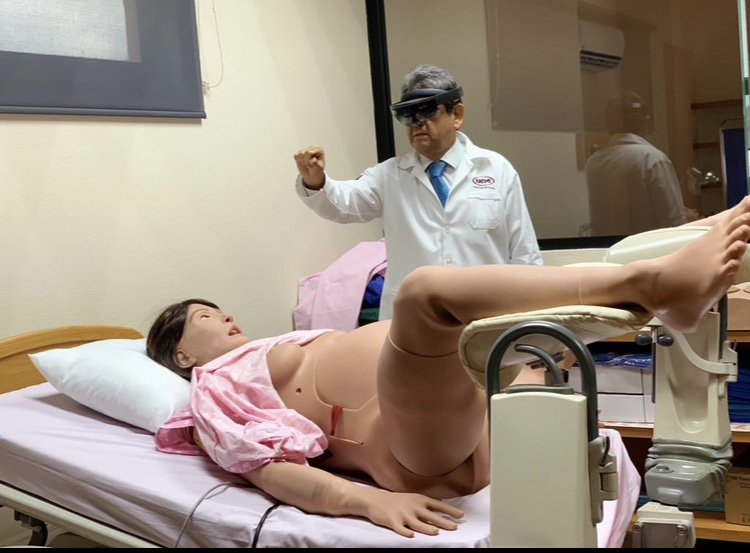
What are RENASIM’s objectives for the next 5 years?
RENASIM’s objectives, according to our needs and priorities, in the next 5 years include the following:
- Promote the implementation of clinical simulation in the education and training of students and health professionals, in different areas of specialisation and at different levels of training.
- Promote research and innovation in clinical simulation, encouraging the generation of new knowledge.
- Strengthen collaboration and cooperation with other national and international organisations to promote the exchange of experiences and knowledge and to carry out joint projects.
- Develop communication and dissemination strategies to publicise its benefits in the education and training of health professionals.
- Develop accreditation and certification programmes in clinical simulation to guarantee quality in the education and training of health professionals.
In summary, the objectives for the next 5 years are the implementation of clinical simulation in the education and training of health professionals, the promotion of research, innovation, the strengthening of collaboration and cooperation with other organisations, the promotion of the dissemination and visibility of clinical simulation, the development of accreditation and certification programmes.
Nowadays, scientific societies are increasingly using social media as a communication tool. So, if you had to write a tweet to convince a new professional to join RENASIM, what would you write?
“Join the world of clinical simulation and improve your skills as a healthcare professional while saving lives in a safe and controlled environment. Learn in a practical and effective way with the latest technology and learning tools! #ClinicalSimulation #Health #Education #Renasim #Flasic.”
In your opinion, what role do you think the simulation industry plays in the development of this discipline in Mexico?
The medical simulation industry in Mexico and worldwide plays a very important role in the development of this discipline, as it provides the technology and tools necessary for the education and training of health professionals. In addition, the industry can also promote research and development of new learning techniques and methodologies.
Collaboration between the medical simulation industry and educational institutions in Mexico can help improve the quality of education and training of healthcare professionals, which in turn can have a positive impact on medical care and the health of the population. With mutual support we can make more significant progress, as we still have many challenges ahead of us. Investing in medical education is investing in health.
What is the relationship between RENASIM and FLASIC? How do these ties develop and how do they collaborate?
Renasim and Flasic have a long history of collaboration, two former presidents of Flasic have been Mexican, and the first steps in the birth of Flasic before Alasic were taken in Mexico. We have jointly organised two Latin American clinical simulation congresses, and we also have a great agreement with Flasic: when a member registers with Renasim, they automatically acquire double membership. This has been a great achievement to have more members in our organisation.
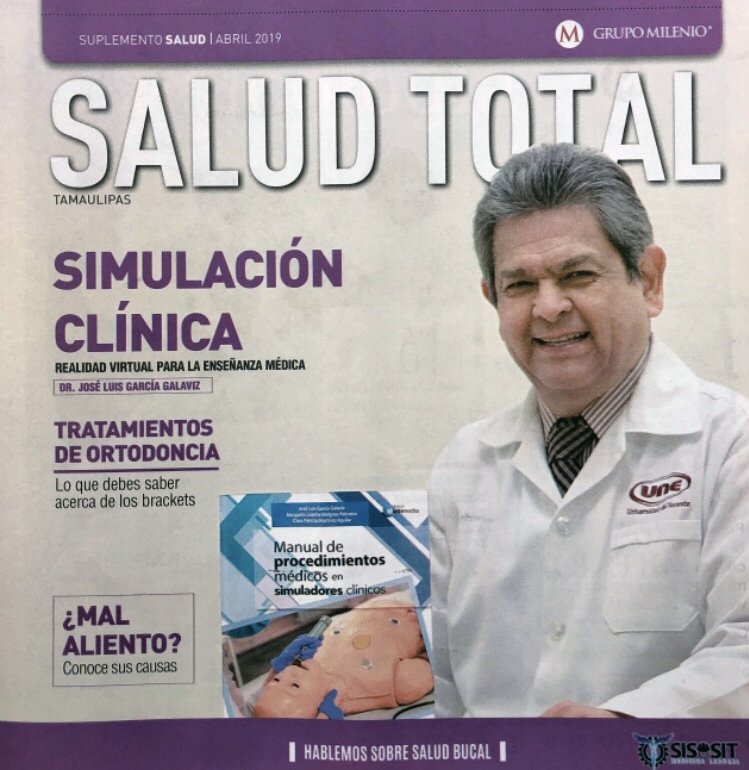
What is the advantage for a national learned society to be part of an international federation?
There are several advantages for a national learned society to be part of an international federation, including:
- By joining an international federation, the national learned society can have access to resources and tools that can help improve its work, including up-to-date information and knowledge, communication tools and funding resources.
- The international federation can provide opportunities for communication and collaboration between national learned societies, which can enable the exchange of ideas, discussion of common problems and cooperation on joint projects.
- By being part of an international federation, the national learned society can have a stronger representation at the international level, which may allow for greater influence on global decision-making and policy.
- Participation in an international federation can allow national learned societies to access information and resources that can help improve the quality of their research and thus have a positive impact on health care and population health.
- Collaborative projects to develop national, regional and global congresses and meetings, which increases the interest of clinical simulation in its members.
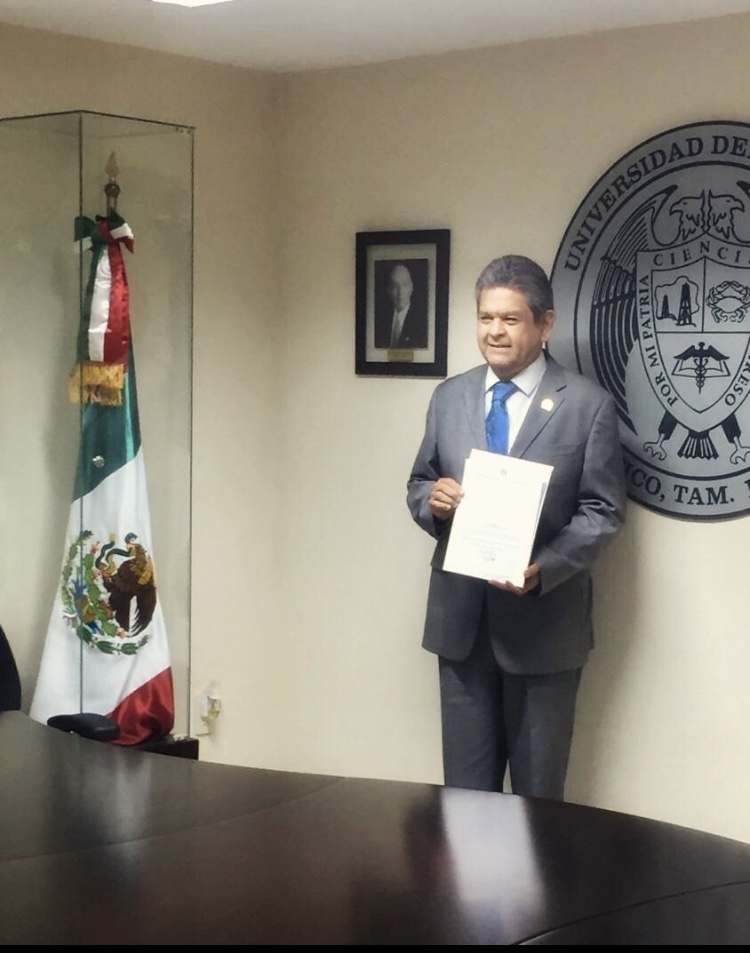
You are about to launch the next joint RENASIM/FLASIC congress, what results do you expect?
We are very excited to hold this great event in our country for the second time. RENASIM and FLASIC have joined forces to achieve a congress of high academic quality, with speakers of great international prestige, and the participation of all the countries that are part of Flasic. Mexico will have its first RENASIM Congress, an organisation that has been pushing very hard in recent years for clinical simulation to be included in all the curricula of the Faculties and Schools of Health Sciences, and these events achieve this objective.
We will welcome with open arms all those who visit us in Cancun QR, national and international congress participants, we hope that they will take with them our warmth and hospitality and also a wealth of learning and new knowledge to apply in their respective simulation centres and professional environment and achieve a better health of the population of our countries.
Thank you, José Luis, for participating in this interview.
READ ALSO



